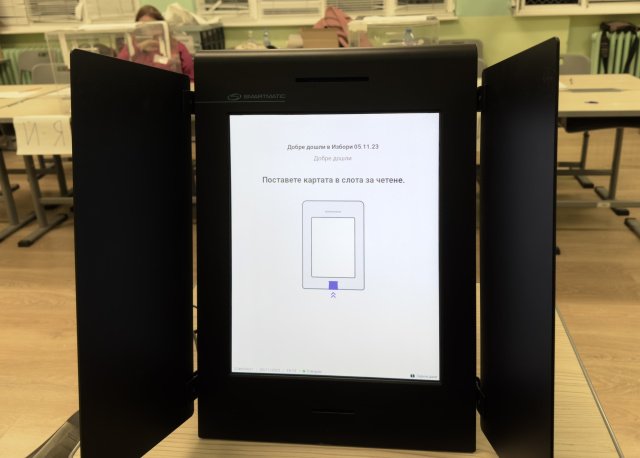
As Bulgaria braces for yet another round of parliamentary elections, the Central Election Commission (CEC) has announced its readiness for an unprecedented scenario: the possibility of holding both parliamentary and European Parliament (EP) elections simultaneously or with a one-week gap.
After discussions with President Rumen Radev, June 9 and June 23 have emerged as the most probable dates for these significant electoral events.
CEC Chairwoman Kamelia Neikova emphasized the logistical intricacies of scheduling elections within a week of each other. Recognizing the challenges, Neikova highlighted the commission’s preparedness for either a 2-in-1 election on June 9 or sequential elections, with the EP election slated for June 9 and the National Assembly election following on June 23.
Neikova underscored the efficiency and practicality of holding combined elections, citing the successful precedent set during the November 2021 presidential and parliamentary elections. Consolidating elections not only streamlines the voting process but also optimizes resources, sparing voters from the inconvenience of visiting polling stations multiple times.
However, a 2-in-1 election would necessitate distinct voting procedures for each ballot. Separate electoral lists would be maintained for EP and parliamentary elections, requiring meticulous verification of voters’ eligibility by sectional electoral commissions before they can cast their ballots.
The prospect of combined elections reflects Bulgaria’s dedication to democratic principles while addressing logistical challenges. By maximizing efficiency and minimizing voter inconvenience, the CEC aims to facilitate smooth and transparent electoral proceedings, thereby upholding the integrity of the democratic process.
The forthcoming elections mark the sixth parliamentary election in Bulgaria within the last three years, underlining the country’s volatile political landscape. The early elections come amid ongoing political turmoil and public discontent, with citizens demanding stability and effective governance.
Political analysts suggest that the dual elections could serve as a litmus test for the ruling parties, as well as emerging political forces seeking to reshape Bulgaria’s political landscape.
With issues ranging from corruption scandals to economic woes plaguing the nation, voters are keenly observing how the competing parties address these pressing concerns.
Moreover, the EP elections hold significant implications for Bulgaria’s representation in the European Union. With key decisions on EU policies and regulations on the horizon, Bulgarians are poised to elect representatives who will advocate for their interests on the European stage.
As preparations for the elections unfold, stakeholders across Bulgaria are gearing up for a pivotal moment in the country’s democratic journey. The outcome of the elections will not only shape Bulgaria’s political landscape but also impact its standing within the European Union.
With the CEC’s commitment to ensuring a smooth electoral process, Bulgarians can expect a transparent and fair election that upholds the fundamental principles of democracy.
This article was created using automation and was thoroughly edited and fact-checked by one of our editorial staff members
